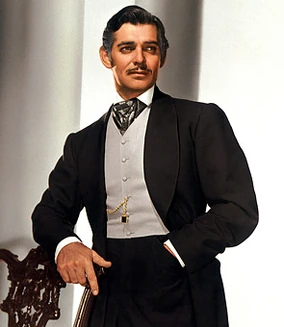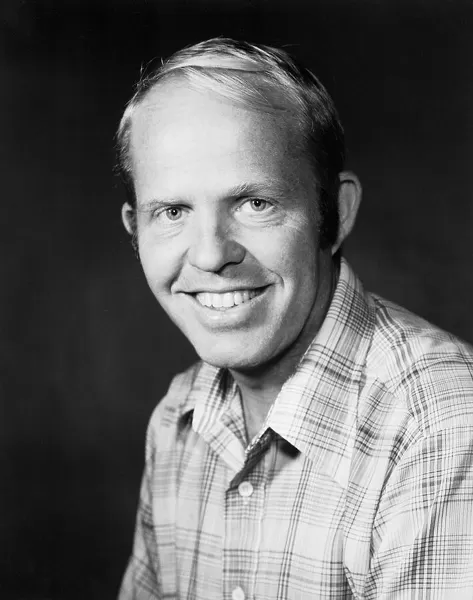While the entire film was a masterpiece in and of itself, Clark Gable's character Rhett Butler captivated my interest for the entirety of the showing. In the beginning of the movie, the handsome Ashely Wilkes throws a lavish party, inviting several members of the southern gentry. During the congregation, the affluent discussed the recent turmoil in the country and the possibility of a civil war. At some point during the conversation, nearly every gentleman, including Mr. Hamilton and Mr. Wilkes, voices their belief that a southern victory would come swiftly if war was to come to fruition.
However, Mr. Butler refused to share the aforementioned sentiments. To support his argument, the gambler elucidated that the south lacked industry and naval forces necessary for victory. Therefore, he argued, the southern confederation did not stand a chance against union forces. Unwilling to consider Rhett Butler's position, the gentry ridiculed and threatened their opponent. Consequently, Mr. Butler elected to leave the gentlemen to their thoughts despite their fallacious nature.
Later in the movie, it is revealed that Rhett Butler had amassed a great deal of fortune and influence through his position as a blockade-runner, smuggling supplies and luxuries from England to the South. At the same time, Butler found additional sources of income in the form of food speculation and gambling. Such actions were considered deplorable by the confederate Old Guard, characterizing Mr. Butler as an outsider. More importantly, Rhett Butler's fortune and fame was a direct result of the war which was morally inexcusable to many southerners.
This sentiment was not usual, however, many businessmen used the civil war to increase their profits;
Andrew Carnegie used the tremendous demand for steel to grow his industrial empire while
Jay Cooke used government bonds to increase his net worth.
Such a tendency was not isolated to the civil war either. Recently, democratic and republican politicians, such as
Kevin Hern, profited from the twenty year war in
Afghanistan through various holdings-totaling nearly one million dollars-in defense contractors. It is important to note that such a conflict of interest is not justified by its prevalence throughout history and modern times; in all cases, it is morally and socially wrong to profit off of the death and suffering of thousands of people.
Unlike any of his real world counterparts, Mr. Rhett Butler redeems himself at the end of the first part of the film. After saying goodbye to Scarlett, Butler sets off to join the confederate army in the final eight months of the war, hoping to preserve the old south he grew up in despite its imminent collapse. Such an action juxtaposes Butler's early prediction about the fall of the south at the hands of the union and his earlier decision to distance himself from the war effort, highlighting the fascinating internal conflict and complexity of Clark Gable's character.







No comments:
Post a Comment